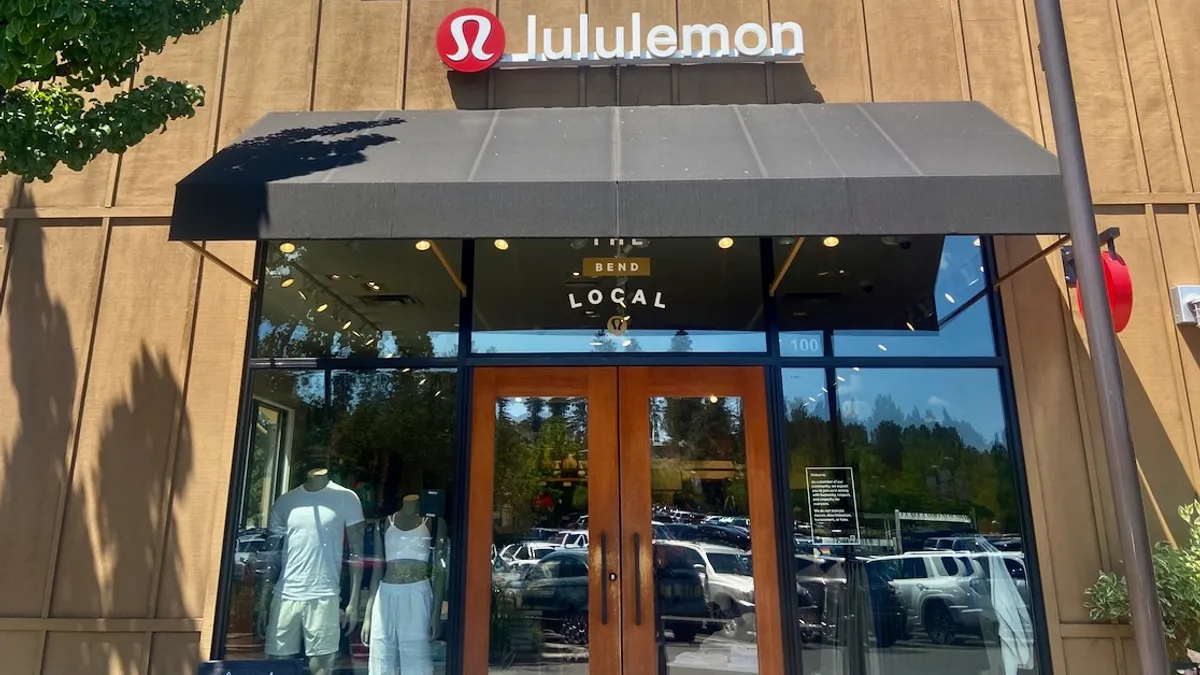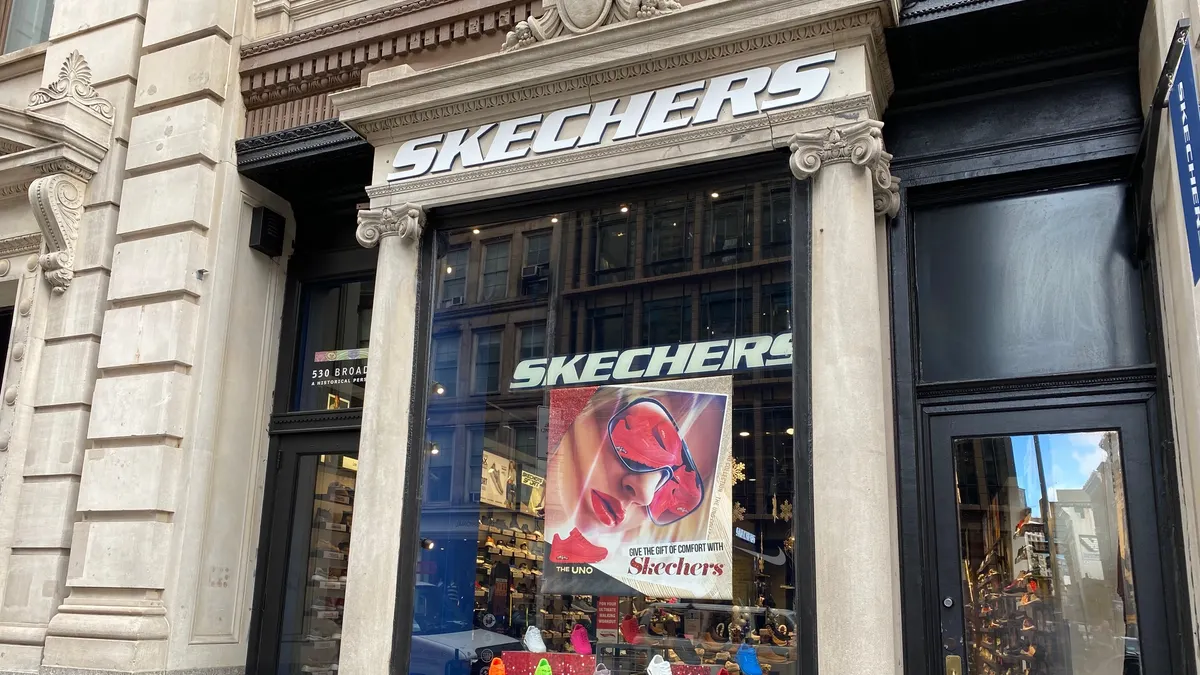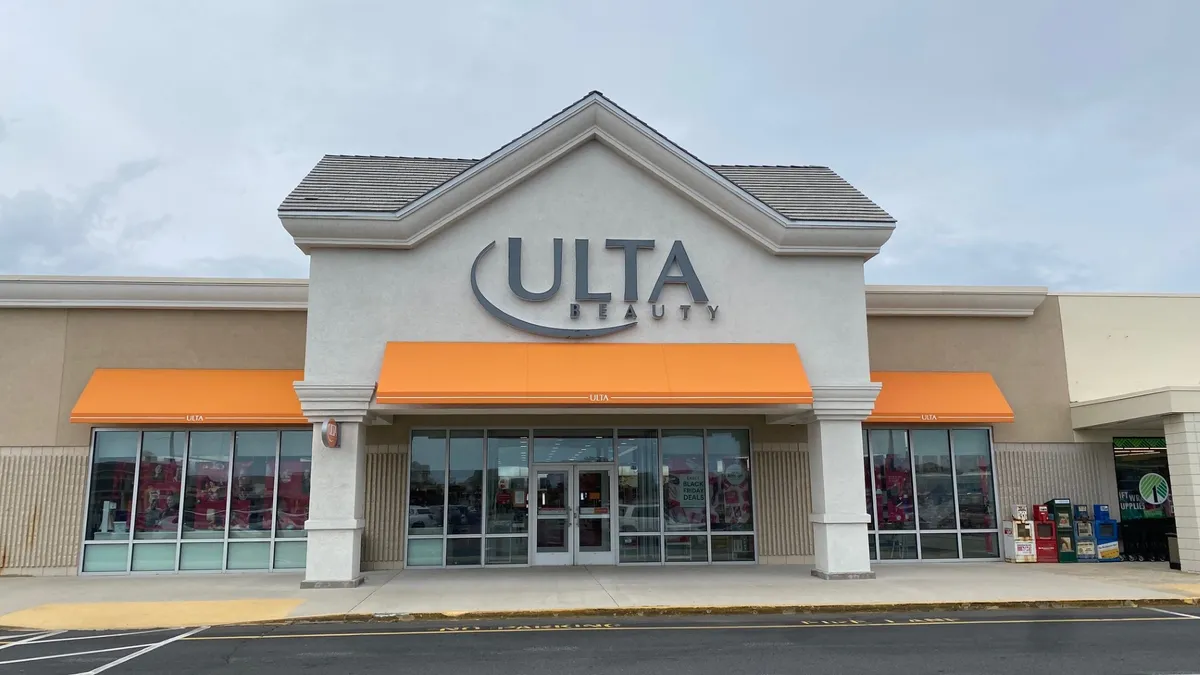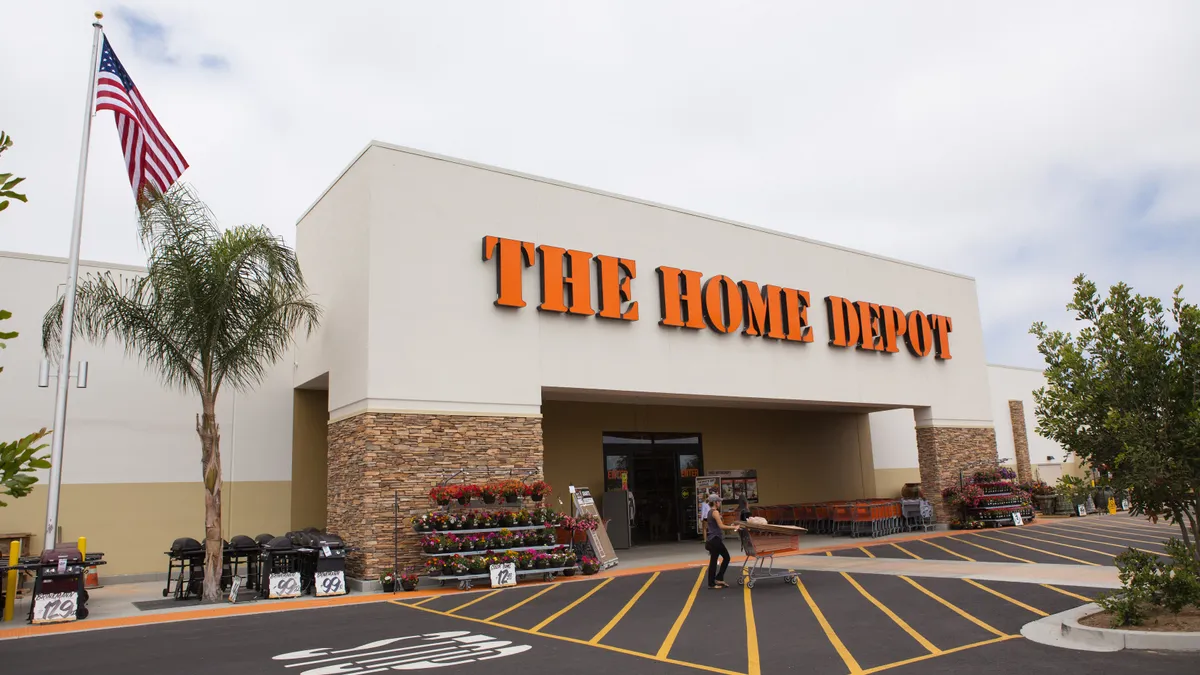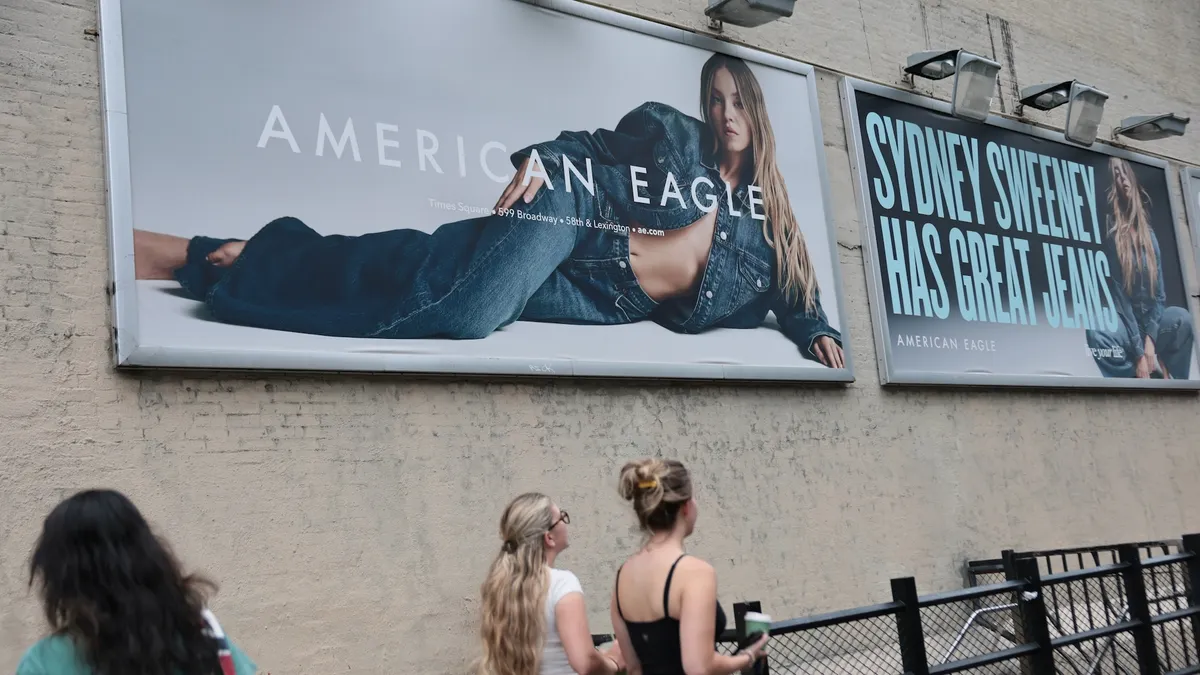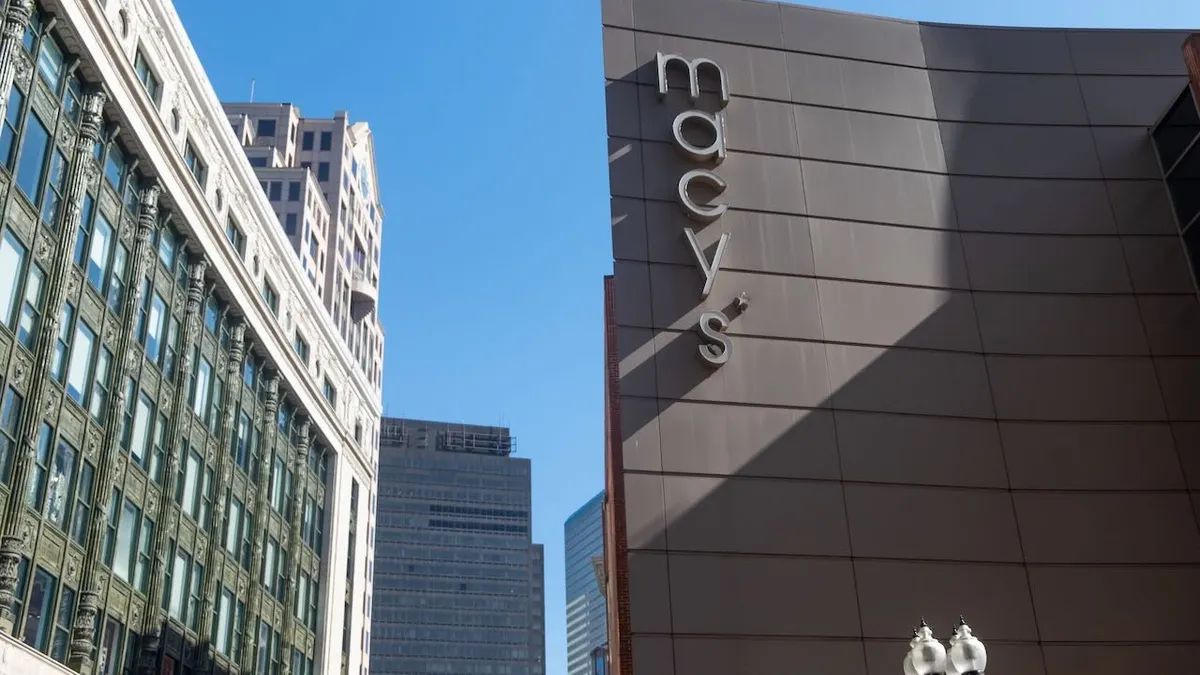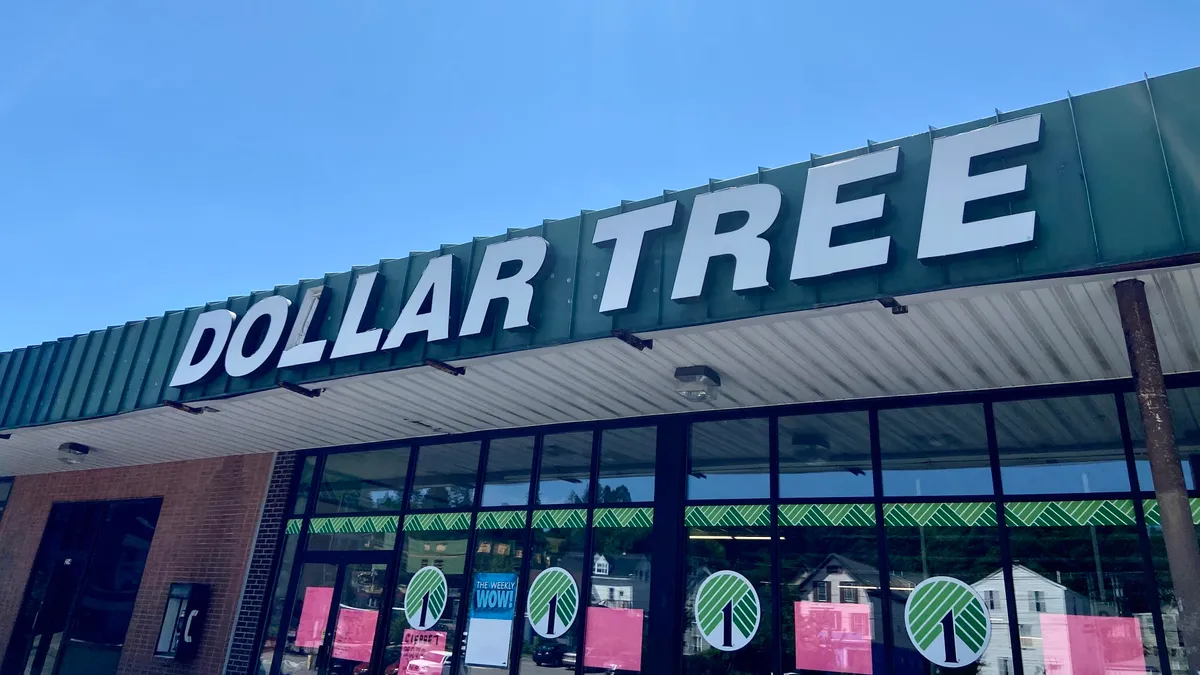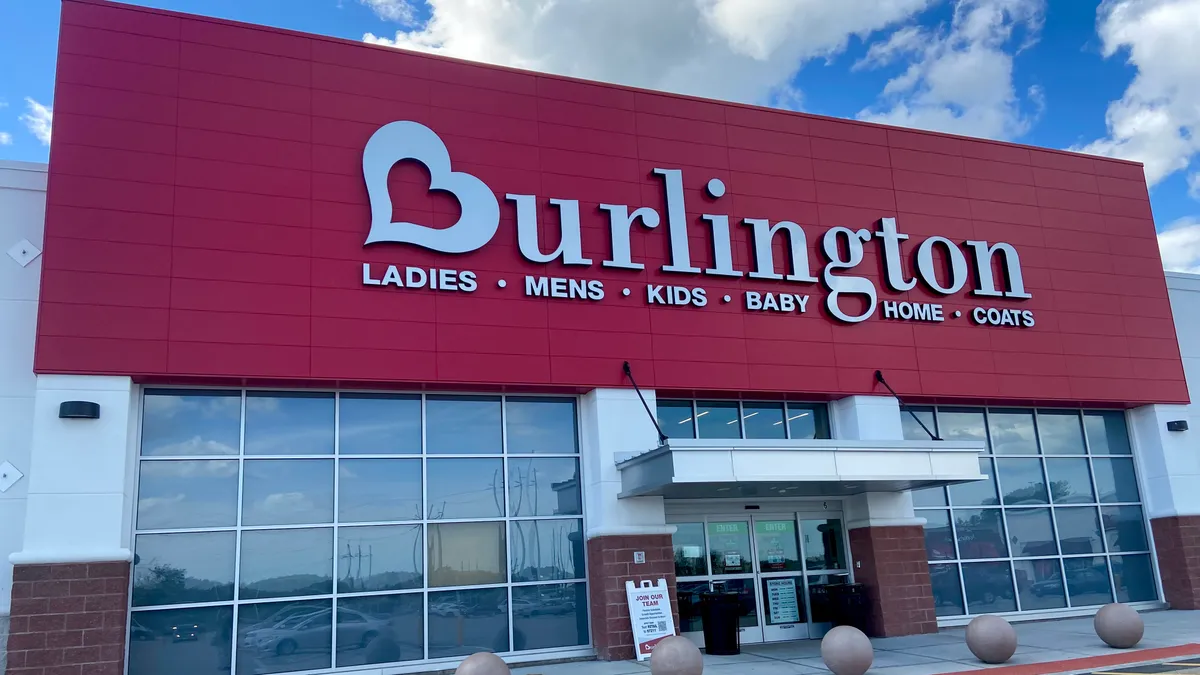To better understand how private equity investment has affected the contemporary retail industry, Retail Dive collected data provided by Debtwire, Pitchbook and other sources, as well as from our own research. Our goal was to build as comprehensive a list as possible of private equity acquisitions, narrowed to those retailers relevant to our audience, going back more than 15 years. We then tried to track outcomes of those mergers by looking at Moody's ratings, Chapter 11 filings and other data. The rest of the series can be found here.
Here's a number: $116.5 billion. That is a floor, an incomplete figure, for how much private equity has poured into 95 retail acquisitions since 2002, according to data Retail Dive compiled from Debtwire, Pitchbook and our own research. (There were another 26 deals we could not find prices for.) Included in the figure are dozens of apparel and specialty retailers, and a handful of off-price and home goods retailers.
That $116.5 billion is a not-insignificant chunk of retail. You could almost buy three Targets for what private equity has invested in the industry in that time. You could buy Costco, and have some change left over. You would nearly have enough to buy six Best Buys.
The 10 largest of those private equity buyouts are all household names: PetSmart, Dollar General, Staples, Toys R Us, Neiman Marcus Group, Michaels, Petco, Mattress Firm and Claire's Stores. (Neiman Marcus holds two places in the top 10 — fifth and seventh — having been bought twice, by different private equity firms, inside of a decade.)
A third of those companies have gone bankrupt — Claire's, Mattress Firm and Toys R Us. Meanwhile, Neiman Marcus is reportedly in talks with its creditors in an effort to stay out of Chapter 11 as debt maturities loom in the coming years. And PetSmart is said to have hired advisers to advise on its massive debt load.
In other words, half of the top 10 acquisitions have filed for Chapter 11 or are in financial distress and at risk of doing so.
As for the others, Dollar General and Michaels filed for IPOs after their buyouts and are today healthy companies, especially relative to the industry. And Staples is a fairly fresh acquisition, having been bought out by Sycamore partners last year. There's still plenty of time for it to succeed or fail under its new owners and debt burden.
Largest private equity acquisitions
| Retailer | Price | PE Buyer | Year | Ch. 11 |
|---|---|---|---|---|
| PetSmart | $8.7 billion | BC Partners | 2015 | N |
| Dollar General | $6.9 billion | KKR | 2007 | N |
| Staples | $6.9 billion | Sycamore | 2017 | N |
| Toys R Us | $6.6 billion | Bain, KKR, Vornado | 2005 | Y |
| Neiman Marcus | $6 billion | Ares Capital | 2013 | N |
| Michaels | $5.8 billion | Bain, Blackstone | 2006 | N |
| Neiman Marcus | $4.9 billion | Leonard Green | 2005 | N |
| Petco | $4.6 billion | CVC Capital | 2015 | N |
| Mattress Firm | $3.8 billion | Steinhoff | 2016 | Y |
| Claire's Stores | $3.1 billion | Apollo | 2007 | Y |
| J. Crew | $3 billion | Leonard Green | 2011 | N |
| Belk | $3 billion | Sycamore | 2015 | N |
| BJ's | $2.8 billion | Leonard Green | 2011 | N |
| Party City | $2.7 billion | Thomas H. Lee | 2012 | N |
| Bass Pro | $2.4 billion | Pamplona Capital | 2016 | N |
| Nine West/Jones | $2.2 billion | Sycamore | 2014 | Y |
| Burlington | $2.1 billion | Bain Capital | 2006 | N |
| Gymboree | $1.8 billion | Bain Capital | 2010 | Y |
| Savers | $1.7 billion | Leonard Green | 2012 | N |
| Petco | $1.7 billion | Freeman Spogli | 2006 | N |
Source: Debtwire, Pitchbook, Bankruptcydata.com, AlixPartners, Retail Dive
Looking at the next 10 largest acquisitions, there are another two bankruptcies (Nine West and Gymboree). J. Crew last year made a debt swap deal with creditors (which sparked a lawsuit) and still has a distressed balance sheet. At the same time, there have also been successful IPOs in that group, including Burlington, Party City and BJ's, all of which were bought out by private equity and sold to the market.
Still, that's a 25% bankruptcy rate among the 20 largest private equity buyouts in retail, along with some companies that are at high risk of default and/or Chapter 11.
The heavy concentration of Chapter 11s among the most highly priced private equity buyouts perhaps should come as no surprise, given that private equity firms, as a matter of practice, typically fund the majority of those deal prices with debt. According to Debtwire, in 2016 and 2017 equity made up less than 43% of buyout prices in private equity acquisitions (meaning the rest was funded largely with debt).
For instance, PetSmart — the largest leveraged buyout ever in retail — issued $1.9 billion in bonds and a $4.3 billion loan to fund its buyout by BC Partners, according to Debtwire data. Rue21's buyout consisted of $250 million in bonds and a $538.5 million loan. Gymboree took out $400 million in bonds and an $820 million loan when Bain Capital bought it in 2010, per Debtwire. Those are just a few examples.
In a leveraged buyout, the debt often stays on the target company's books. The risk left to the private equity firm often comes down to their equity stake, which they could lose in a Chapter 11. But, as the debt-to-equity ratios in those buyouts imply, a firm's equity stake might be relatively paltry, meaning they have little skin in the game.
"These are cash-generating businesses, which is what drives a lot of the attractiveness in the retail environment."

John Potter
U.S. Consumer Markets Leader at PwC
Sycamore Partners came under scrutiny for this practice in the bankruptcy trial of Nine West, which Sycamore acquired as part of its $2.2 billion buyout of the Jones Group in 2014. In asking court permission to sue Sycamore, unsecured lenders to Nine West noted the private equity firm's equity portion of the buyout was "just a sliver" compared to the $1.5 billion of debt left on the balance sheet of the newly formed Nine West holding company. (Alternately, Sycamore kept comparatively high equity stakes in pieces of the Jones Group that it quickly sold off, bringing in a quick profit to the firm while Nine West was set up for insolvency, the creditor group alleged in court papers.)
Broadly, the heavy price tags are in part driven by demand for retail companies among acquirers. "In general, private equity has consistently found interest in retail," John Potter, PwC's U.S. consumer markets leader, told Retail Dive in an interview. "These are cash-generating businesses, which is what drives a lot of the attractiveness in the retail environment."
But, as Potter points out, retail is also a "highly competitive" business, which can put a highly leveraged company at risk when competitors start investing in prices or innovation to their business.
Retail is also hard. "Retail is more complex than other industries," Nick Egelanian, president of retail real estate services firm SiteWorks, told Retail Dive. "You have to be good at picking merchandise, be good in how you buy it, be good at finance, be good at capital markets. You have to be good at real estate. You can get the fashion part of it right, the buying part of it right, the real estate right — and screw up the distribution. You have to get six to eight core disciplines right every day."
"I happen to think private equity is not really a great vehicle for retail," Egelanian added. "It tends to drop retailers off a cliff."
The Series
- Intro
An in-depth look at the risky relationship
- Buyouts
The money 'explosion'
- Bankruptcy
The road to bankruptcy
- Investments
The hungriest acquirers
- Overloaded
The debt-burdened retailers








